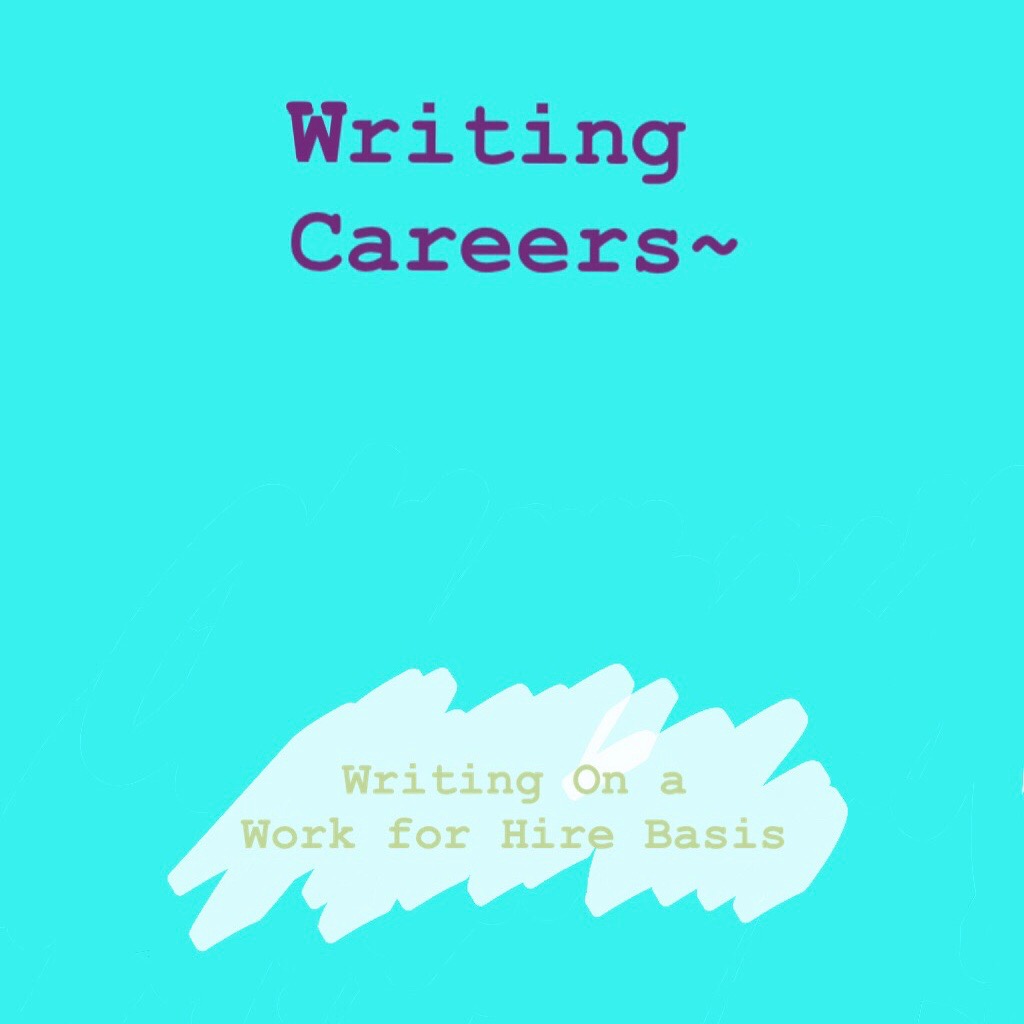
Do you enjoy learning about new things? Can you find the “story” in almost any topic? Do you have a natural ability to “teach” through your writing? Is a looming deadline just the thing to get you motivated? If so, writing on a Work for Hire basis might be for you. Find out more about Work for Hire writing from a professional in the field, the talented, award winning writer Rebecca Langston-George!
How did you get started as a work-for-hire writer?
Several years ago, when I began volunteering for my local chapter of SCBWI (Society of Children’s Book Writers and Illustrators) I was interested in learning how writers found this type of work, so I asked if we could arrange a workshop with an editor from an educational publisher. As a result of the workshop, I studied that publisher’s catalog and books, created some writing samples, updated my resume, and applied for work. The publisher contacted me about nine months later to write my first book with them. It was a combo history/craft/DIY 1920s and 30s fashion book. While it wouldn’t have been my first choice of topic, I specifically marketed myself as someone who liked history and crafts because I knew they needed craft writers. That book opened the door for 12 more books, mostly biographies.
What is a typical day like?
I’m a full-time educator, so writing is my second job. After teaching, making dinner and doing a little housework, I usually get in my office around 7:00pm to research, write and edit for an hour or two most week nights. I normally spend a good portion of weekends, holidays and summer vacation writing as well.
What training, education or preparation would help prepare someone for your job?
Like any type of writing, a deep understanding of grammar, story structure, and research techniques are helpful. In addition, doing work-for-hire means tailoring your writing to the publisher’s specific needs and often involves writing one or more books as part of a series in which other authors are also creating work. So, it’s important to familiarize yourself with the publisher’s other offerings and stick to their specific guidelines to maintain consistency.
What skills do you think help you do your job well?
I’m a goal setter who lives by a clock and a planner. Since work-for-hire has extremely tight deadlines, those time management skills work in my favor. Much of the work-for-hire market is publishing for the educational market—school library titles—so my 24 years as an educator also come in handy as I’m familiar with Common Core standards, curriculum needs, and reading levels.
What type of person would be a good fit to be a work-for hire writer?
Any writer has to be comfortable with the solitude of working on your own for long periods of time. Those who do work-for-hire also need to be punctual, organized and comfortable creating content on demand.
Are you still able to work on your own projects?
Work-for-hire is guaranteed paid work, so it usually takes precedence over my own projects; however, I don’t accept projects in which the topic doesn’t interest me. More importantly, my projects versus their projects don’t always have to be mutually exclusive. While the publisher I work with does mainly work-for-hire, twenty percent of their list is currently traditionally acquired books. Because I’ve done a lot of work for them, have a relationship with their editors, and know their needs, I recently pitched a manuscript of my own and scored my first regular book acceptance. It’s due out in spring 2021, and I’m proud that my background in work-for-hire gave me the confidence and insight to pitch it and negotiate the contract myself without the use of an agent.
What are the down sides to your job?
Really short deadlines: often one month to research/outline and one month to write the first draft. Signing away all rights to the publisher.
What are the up sides of your job?
The ability to write several books in a short amount of time. Fast payments (typically a flat fee with no royalties). Little to no rejection. A steady stream of opportunities.
What resources, professional journals, organizations or social media sites keep you informed about your industry?
I recommend anyone who wants to write for children join SCBWI and network with other writers.
Rebecca Langston-George is the author of twelve nonfiction books for children including the internationally published For the Right to Learn: Malala Yousafzai’s Story. She was a 2016 recipient of the California Reading Association’s Armin Schulz award for children’s writing in social justice.
In addition to serving as the Regional Advisor for the Central-Coastal region of SCBWI (Society of Children’s Writers and Illustrators), she’s a full time educator currently teaching fifth grade. Rebecca writes and (mostly) rewrites at a treadmill desk in Bakersfield, California. You can read more at www.rebeccalangston-george.com